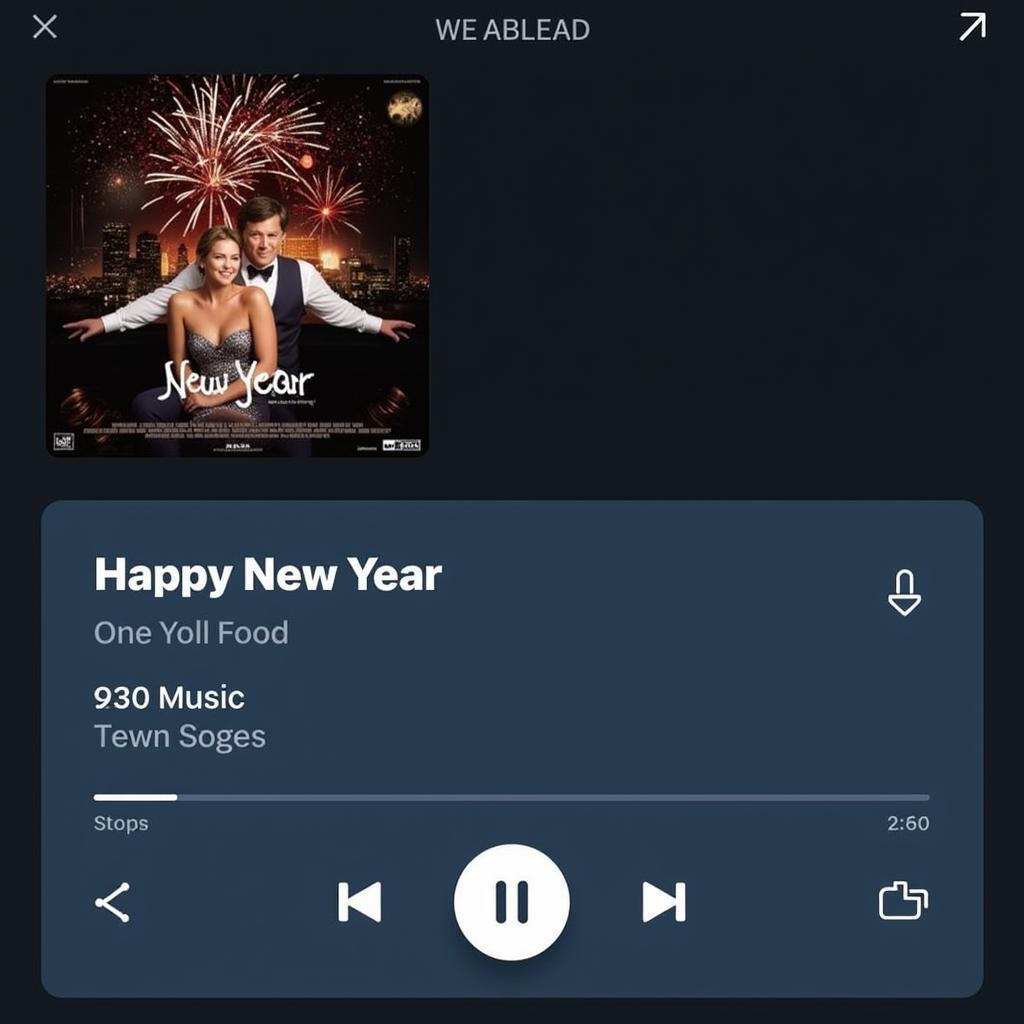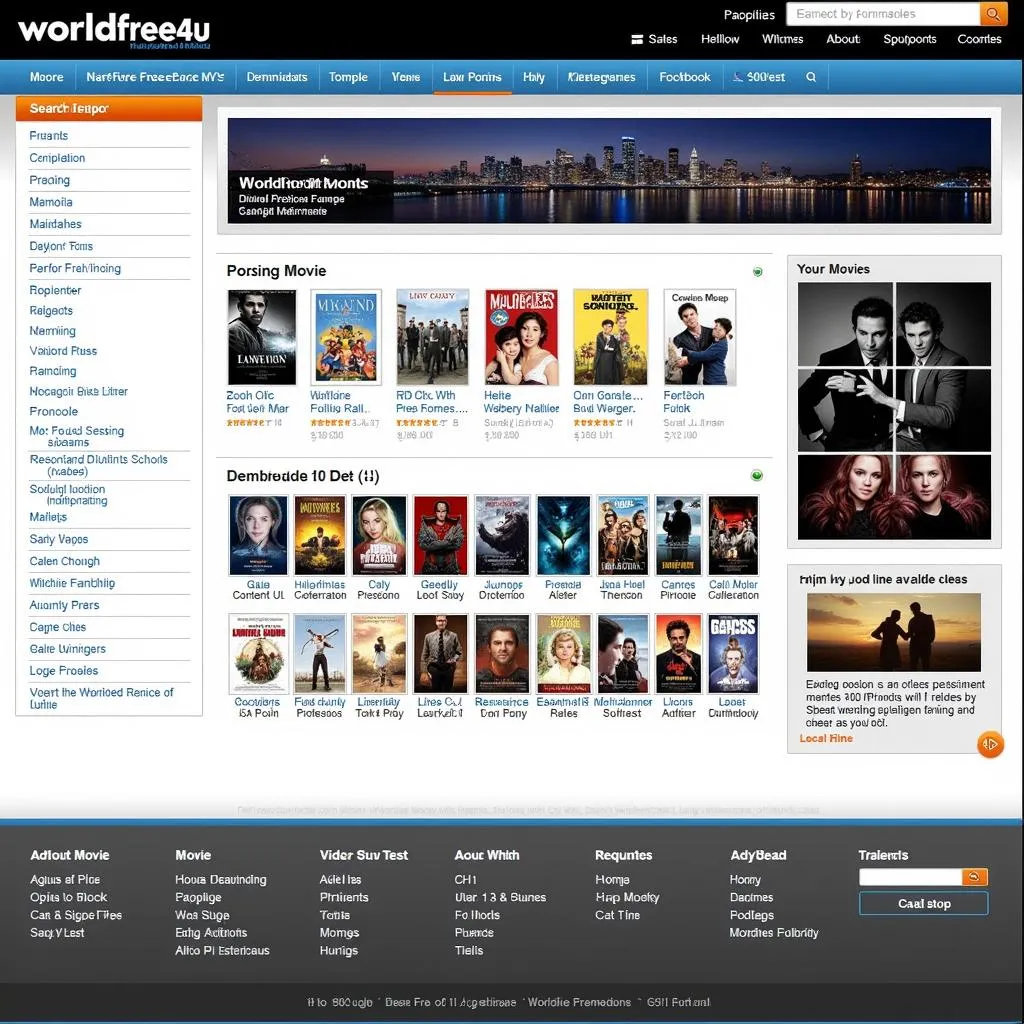The topic of “Handicap Sex Movies” can be a sensitive one, often laden with preconceived notions and societal stigmas. While it’s important to acknowledge that this genre exists within the broader adult film industry, it’s crucial to approach the subject matter with respect and a critical eye. This article aims to delve into the world of handicap sex movies, examining the complexities of representation, addressing ethical considerations, and shedding light on the realities of intimacy and disability.
The Intersection of Disability and Sexuality: Challenging Stereotypes
Often, discussions around disability exclude sexuality, perpetuating the harmful stereotype that individuals with disabilities are asexual or incapable of engaging in intimate relationships. Handicap sex movies, while often exploitative, can inadvertently spark a conversation about the realities of disability and sexuality. They can challenge the assumption that people with disabilities are not sexual beings and highlight the diversity of human experience.
The Ethical Tightrope: Navigating Consent and Representation
 Confident Woman with a Disability
Confident Woman with a Disability
One of the most significant concerns surrounding handicap sex movies is the issue of consent. It’s crucial to question whether all performers involved, particularly those with disabilities, can genuinely consent to their participation. Exploitation and coercion are serious concerns within the adult film industry, and these issues can be exacerbated when dealing with individuals who may face systemic barriers and societal pressures.
Furthermore, the portrayal of disability in these films often relies on harmful stereotypes and fetishization. This type of representation can reinforce negative perceptions of people with disabilities and contribute to their marginalization. It’s essential to advocate for media that portrays disability authentically and respectfully, moving away from sensationalism and exploitation.
Beyond the Screen: Understanding Intimacy and Disability
 Support Group Discussion
Support Group Discussion
It’s important to remember that handicap sex movies represent a very specific and often skewed perspective on a complex issue. The realities of intimacy and disability are as diverse as the individuals who experience them. People with disabilities, like anyone else, have unique desires, preferences, and ways of expressing their sexuality.
Open and honest conversations about sexuality and disability are crucial to breaking down stigmas and promoting understanding. Resources and support systems are available for individuals with disabilities and their partners to navigate the challenges and joys of intimacy.
Conclusion: Moving Towards a More Inclusive Understanding
While handicap sex movies exist within a morally complex space, their existence provides an opportunity for dialogue and reflection. By critically examining the genre, we can challenge stereotypes, advocate for ethical representation, and foster a more inclusive understanding of disability and sexuality. It’s crucial to remember that people with disabilities are whole individuals with diverse experiences and desires, and their stories deserve to be told with sensitivity, respect, and authenticity.


